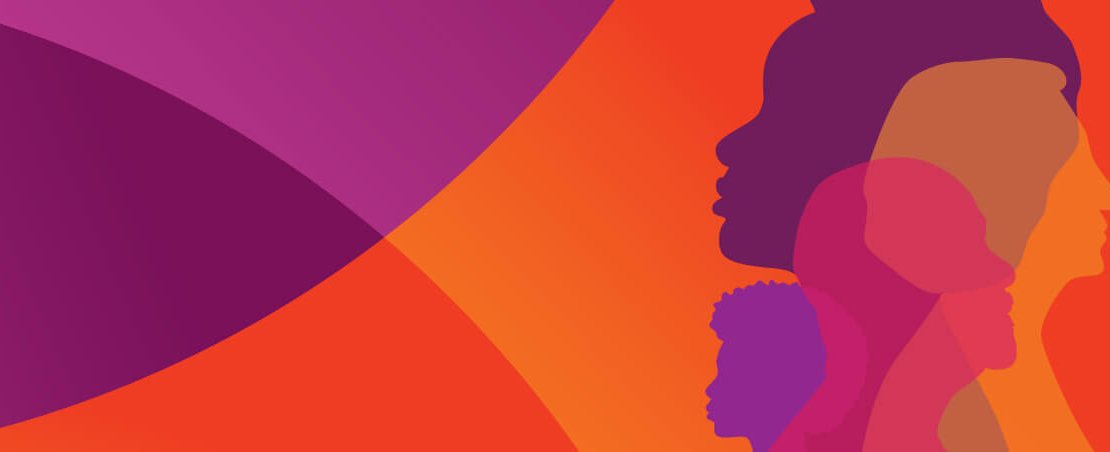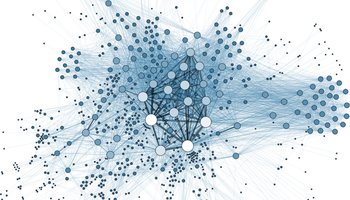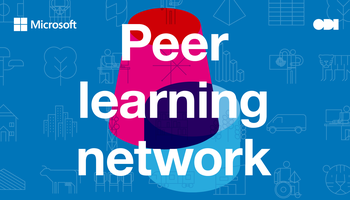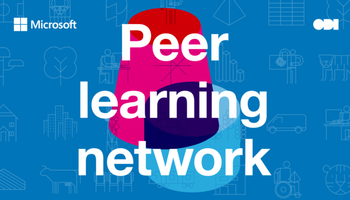
The ODI and Humanity United have joined forces to facilitate a new peer learning network. The network supports data organisations in the supply and labour rights sector and enables them to work together to build a more open and integrated data ecosystem.
What is the data for workers' rights peer-learning network and why is it important?
Data is central to the labour rights space, enabling decision-making and driving social, economic, and political change. Despite this, our previous research has shown that building an open and integrated data ecosystem that empowers workers and enables corporate responsibility across the supply chain remains challenging.
Many data initiatives that work across the supply and labour rights sectors are navigating similar challenges - such as:
- realising the full value of data through better data sharing
- verifying data provenance to ensure that the data source is reliable and trustworthy
- balancing the utility of open data and the privacy of the data subjects
- demonstrating trust and trustworthiness to workers and suppliers
- enabling true participation of workers and ensuring that their voices are heard
- building data literacy and data literacy skills to empower workers and those advocating for their rights
- developing a successful data management strategy to ensure long-term sustainability
- finding a business model to ensure data collection and access sustainability
- scaling of services across sectors and geographies
Now, in partnership with Humanity United, the ODI is running a dedicated peer-learning network for organisations that use data to empower workers across the supply chain, convening them to learn from one another and improve their capacity to collect, maintain and share data effectively and sustainably. The network runs over 17 months, from January 2023 to June 2024.
What does the data for workers' rights peer-learning network aim to achieve?
The ODI and Humanity United are committed to supporting data organisations across the supply chain and labour rights sector to improve their understanding and capacity to collect, maintain and share data effectively and sustainability. The ODI’s role is to
- Equip organisations with the guidance, tools, and money they need to drive impact
- Connect organisations exchanging knowledge, learnings, and best practices
- Inspire organisations to develop new approaches to stewarding data responsibly
The ODI has been facilitating peer-learning networks since 2015 to support organisations stewarding data responsibly to address the world’s challenges, by facilitating exchange of knowledge and collaboration.
Who is participating in the data for workers' rights peer-learning network?
Following an open call we have selected seven data organisations to participate in the network. The cohort includes a mix of participants that predominantly operate across Asia, South-East Asia, and Europe. It includes unions and those who support unions using data to advocate for workers’ rights, organisations that support migrant workers, open data initiatives, and a platform that enables workers to own their data. What links them all together is a shared mission to strengthen workers’ rights and advocate for the fair use of data
- Bluenumber - a digital identity platform providing workers with tools to own and keep data they create as digital assets
- CNV Internationaal - an independent foundation that works with trade union partners in Africa, Asia and Latin America to support and strengthen labour rights of workers in the formal and informal sectors
- International Transport Workers’ Federation - an affiliate-led global union federation that acts as the collective voice for 20 million transport workers across the world
- Issara Institute - an independent NGO that tackles human trafficking and forced labour through worker voice, partnership, and innovation
- Open Supply Hub - a supply chain data platform that shows production locations across the world and who is connected to them
- Trade Union Rights Centre - a think tank that supports trade unions and workers through training and education, and collective bargaining and labour policy research.
- Wikirate - an open data platform powered by a global community that collects, analyses and shares data on company commitments, actions, and impacts on people and planet
There is much to do and learn. We are excited to partner with Humanity United to make a difference and improve community and knowledge sharing in the supply chain and labour rights sector to drive impact.



